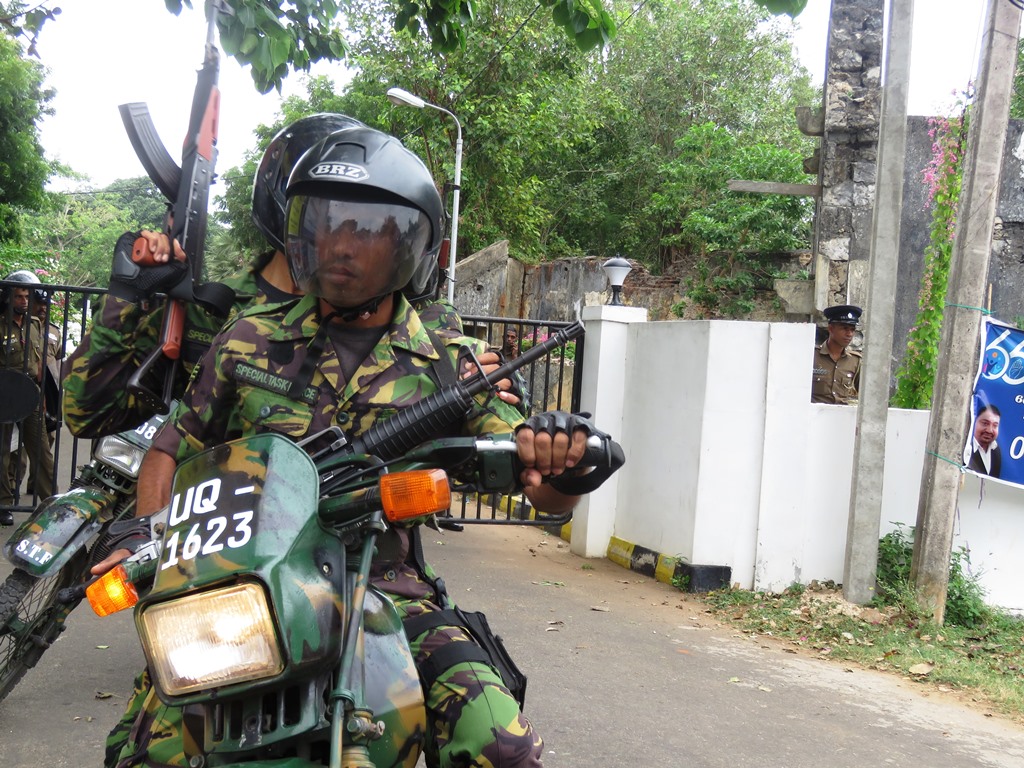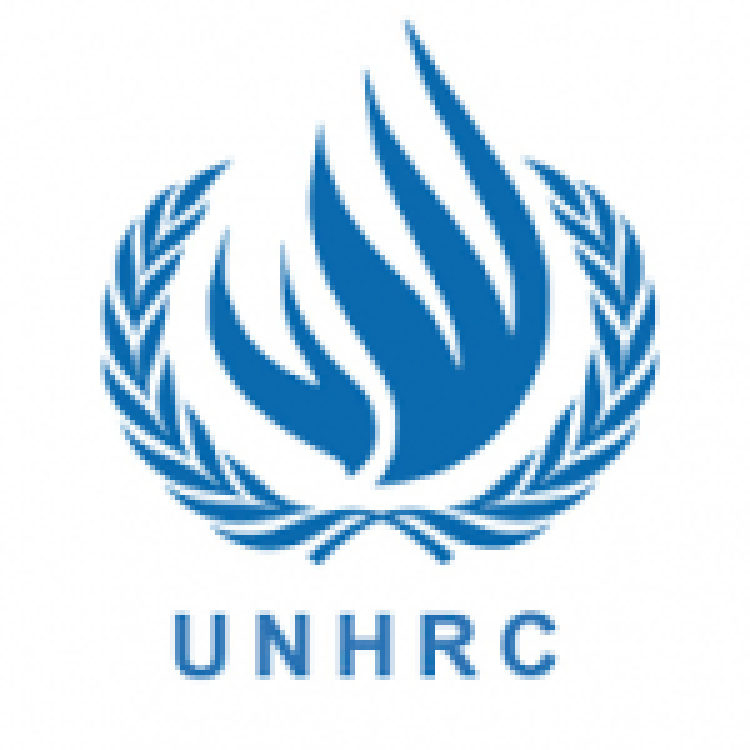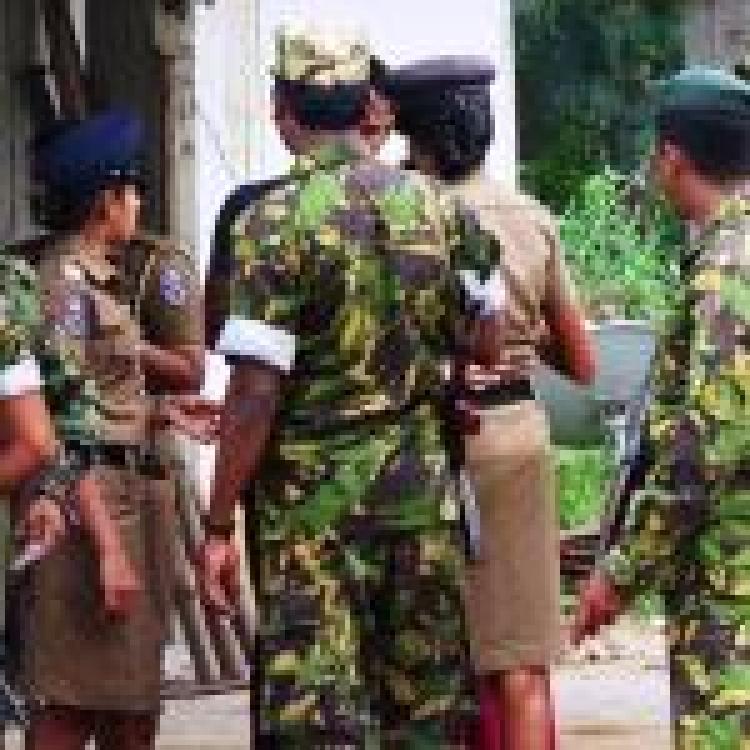
Sri Lanka’s Public Security Minister Tiran Alles instructed the security forces to “stop fondling weapons and use them” just days after he called for the intensification of the military-led operation Yukthiya.
While addressing a workshop held in Ratnapura as part of a Community Police Awareness program, Alles told the police that firearms had been issued so they could be used. He told the gathering that he would bring an end to the underworld menace during his tenure as the Minister of Public Security.
“I have repeatedly warned the underworld characters to stop their illegal activities,” The Island reported him as stating. “If they do not heed my warning they will be hunted down. I have instructed the STF commandos to use everything in their power to eradicate this menace. I have also told them in no uncertain terms that they must do their job or leave their uniforms.”
Alles’ message comes on the heel of the launch of the second phase of the Yukthiya operation, which has already come under widespread criticism. Inspector General of Police Deshabandu Tennakoon said this phase involves deploying elite armed forces to identify specific organized criminal gangs.
Speaking to media at the launch he said “specialized teams from the Police and Special Task Force will target 20 identified organized criminal gangs operating primarily in the Southern and Western Provinces”. “Their focus will be to crackdown on underworld figures responsible for innocent deaths," he added.
These 20 newly established teams will consist of 9 members, including a Crime OIC, 4 intelligence officers, and 2 Special Task Force officers.
"If these specialized teams are unable to curb drug and criminal activities by underworld elements, we will escalate our efforts and continue the operation to crackdown the underworld completely within a few months," the IGP added.
Whilst the Sri Lankan government maintains that it aims to reduce crime, Operation Yukthiya has come under heavy criticism for its heavy-handed tactics which resulted in the arrest of over 30,000 individuals. Security forces have reportedly conducted raids without search warrants, detaining suspected drug sellers and users, with hundreds sent to military-run rehabilitation centres.
During and after these operations, people are reported to have been subjected to several violations, including unauthorised searches, arbitrary arrests and detention, ill-treatment, torture, and strip searches in public. In one instance, a 17-year-old boy was reportedly forced to strip completely naked on the Galle road, merely for carrying a pair of scissors. Lawyers acting for those detained have alleged that they have faced intimidation from police officers.
UN experts who are part of the Special Procedures of the Human Rights Council have expressed alarm at the heavy security-driven approach of Sri Lanka’s anti-narcotics operation which has seen tens of thousands of people arrested so far.
In a statement released on the UNOHCHR website, the experts called on Sri Lankan authorities to immediately suspend and review the so-called Operation ‘Yukthiya’ and to focus on policies based on health and human rights.
“Drug users have human rights,” the experts said. “They deserve to live a life with dignity without facing further discrimination and stigmatization. The current context of severe repression against suspected drug offenders is deeply worrying.”
They deplored reported cases of arbitrary arrests of thousands of drug offenders from marginalized socio-economic groups and the detention of hundreds in compulsory military-run rehabilitation centres.
The group stressed that rehabilitation must be conducted from a harm reduction perspective, respecting the autonomy and informed consent of drug users, including the right to refuse medication.
“Compulsory rehabilitation centres should be closed immediately and replaced by voluntary, evidence-based, rights-based, and community-based social services,” said the experts.


